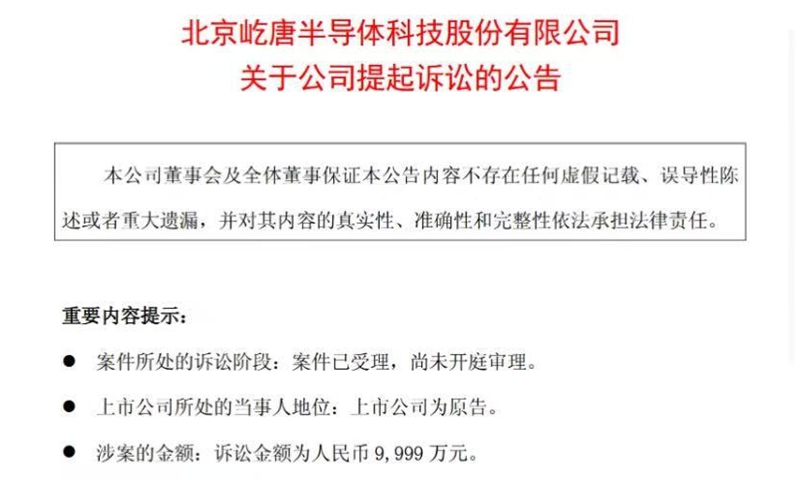US Official Calls Controversial Chip Agreement a Model Amid Economic Extortion Claims

In a recent acknowledgment of what some experts are dubbing economic extortion, US Treasury Secretary Scott Bessent has endorsed a contentious agreement that allows American chipmakers Nvidia Corp and Advanced Micro Devices Inc (AMD) to sell lower-tier AI chips to China. This arrangement, however, mandates that these companies pay 15 percent of the revenue from these sales back to the US government.
During a Bloomberg interview, Bessent described the deal as one that "could serve as a model for others." This sentiment was emphasized by a Chinese expert, who noted that it reflects a growing inclination in Washington to extract profits from international trade, frequently at the expense of fair competition and mutual advantage.
Bessent’s remarks come amidst increasing US efforts to curtail China's technological advancement while attempting to derive unlawful benefits from it. Both Nvidia and AMD have agreed to redirect 15 percent of their AI chip revenue from China to the US government, a move described by Bloomberg as "an unusual and legally questionable arrangement that exemplifies the Trump administration's willingness to relax export controls in exchange for financial gain."
"I think we could see it in other industries over time," Bessent asserted in a television segment on Bloomberg Surveillance. He acknowledged that while this situation is currently singular in nature, having established a model and a beta test, there could be opportunities for expansion.
Xiang Ligang, a Chinese telecommunications expert, commented to the Global Times that the statements from Bessent underscore the hypocritical nature of US trade policies. He argued that Washington's export restrictions and pressures on firms lack a solid legal basis and contravene the fundamental tenets of a market economy.
"This is a form of financial coercion targeting US firms, with ripple effects on market trust and supply chains that can't be overlooked," Xiang noted. He also suggested that this illustrates an ongoing effort to weaponize and politicize economic tools to uphold US hegemony in the technology sector.
"Should revenue-sharing schemes proliferate, Chinese firms might encounter increased costs or diminished access to certain imported technologies, distorting market competition," Xiang warned. This shift could lead Chinese businesses to pivot towards domestically produced alternatives, likely accelerating local innovation while also potentially causing short-term supply disruptions.
Xiang further cautioned that such practices could erode trust in Nvidia within the Chinese marketplace, disrupt global supply chains, escalate costs for consumers, and ultimately hinder US innovation and sustainable development.
In response to inquiries regarding the revenue-sharing agreement, Chinese Foreign Ministry Spokesperson Lin Jian reiterated China's longstanding position against the politicization and weaponization of technology and trade. He asserted that such actions disrupt the stability of global supply chains, posing risks to all stakeholders.
Xiang highlighted that as the preeminent semiconductor market worldwide, China has consistently advocated for open and collaborative technological exchanges. He emphasized that business procurement decisions are made independently, driven by market dynamics.
Recent scrutiny has also been directed at Nvidia regarding alleged security vulnerabilities in its H20 chip, raising significant concerns both domestically and internationally. Despite Nvidia's denials, public sentiment has been affected, prompting calls for the company to provide evidence of its security measures to regain consumer trust.
Read These Next

China Coal Energy Reports July Sales of 2117 Million Tons
China Coal Energy's July coal sales reached 21.17 million tons, showing stability amid industry challenges and optimizing strategies.

Jintuo Co.'s Strategic Shift and Financial Outlook
This commentary analyzes Jintuo Co.'s strategic transition from business-oriented to technology-oriented, highlighting its financial trends, significant events, and associated risks.

Beijing E-Town Sues US Firm Over Alleged Trade Secrets Leak
Beijing E-Town Semiconductor sues US's Applied Materials, claiming trade secret theft, impacting US-China trade and semiconductor industry.
